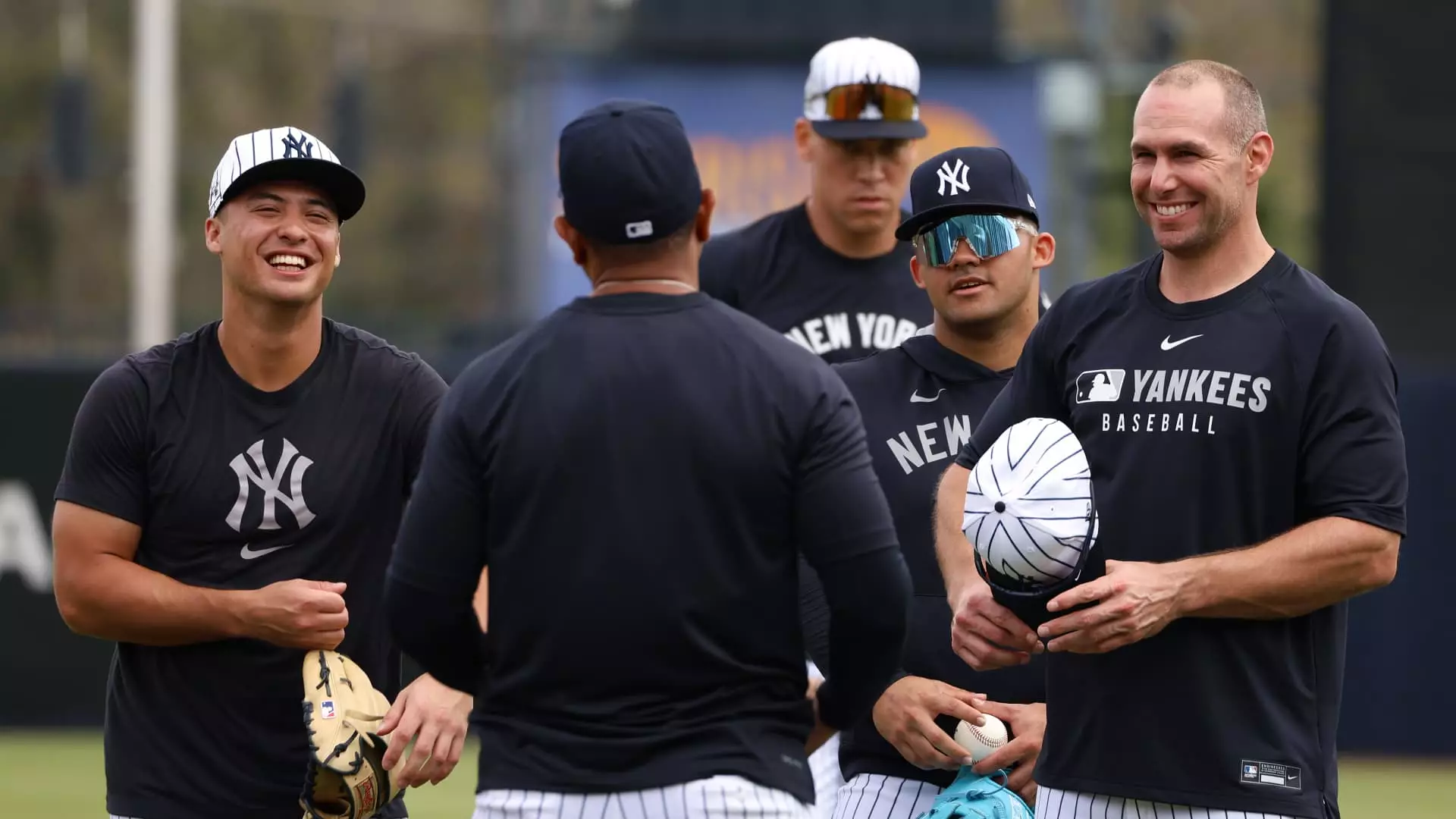The New York Yankees, a franchise steeped in tradition, is making headlines by lifting its long-standing ban on beards. For nearly 50 years, this iconic baseball team upheld a policy that permitted only mustaches for its players, reflecting an era where discipline and uniformity were paramount. Now, as the team enters a new chapter, this shift toward allowing “well-groomed beards” marks a significant cultural change within an organization known for its rigid adherence to tradition.
Hal Steinbrenner, current owner of the Yankees and son of the late George Steinbrenner, announced this policy change after consulting with a mix of former and current players. This dialogue reflects a growing recognition within the organization that the rules set decades ago may no longer resonate with contemporary players or fans. Steinbrenner emphasized that this move is not merely a reactionary decision; rather, it emerges from a longstanding internal discourse aimed at evolving the team’s cultural fabric.
The decision coincides with a visible breach of the policy, as new pitcher Devin Williams sported a beard in his official team photo shortly after joining from the Milwaukee Brewers. This incident underscores the pressing need for organizations to create environments where players can express their individuality without compromising team identity.
The Yankees’ facial hair policy originated in the 1970s, instigated by George Steinbrenner himself, who believed beards detracted from professionalism and discipline. His rationale was straightforward: creating a sense of pride in wearing the Yankees’ uniform. However, history has shown that such rigidity can alienate talent and inhibit personal expression. Notable players, including Don Mattingly, faced severe repercussions for their unwillingness to conform. Moments like Mattingly’s notable benching in 1991 illustrate how the policy created tensions between players’ identities and the team’s expectations.
Over the years, several players, including Andrew McCutchen and David Price, have vocally criticized the policy, indicating that it could deter prospective talent from joining the franchise. In 2013, General Manager Brian Cashman spurned relief pitcher Brian Wilson due to his refusal to shave, showcasing how deeply embedded the policy was in the team’s operations and decisions.
This recent policy shift presents a chance to redefine the Yankees’ image in the world of baseball. By permitting players to maintain well-groomed beards, the team signals that it values modernity while still respecting its storied past. Such a transition may facilitate a more inclusive environment, potentially attracting diverse talent that resonates with younger fans.
Moreover, as the game evolves and embraces different styles and personalities, it would benefit the Yankees to adapt to these changes. The acceptance of facial hair not only aligns with current societal norms but also enhances player morale, which can lead to better performance on the field. As the Yankees navigate this new path, it remains to be seen how this policy shift will impact the team’s dynamics and overall success in the competitive landscape of Major League Baseball.

